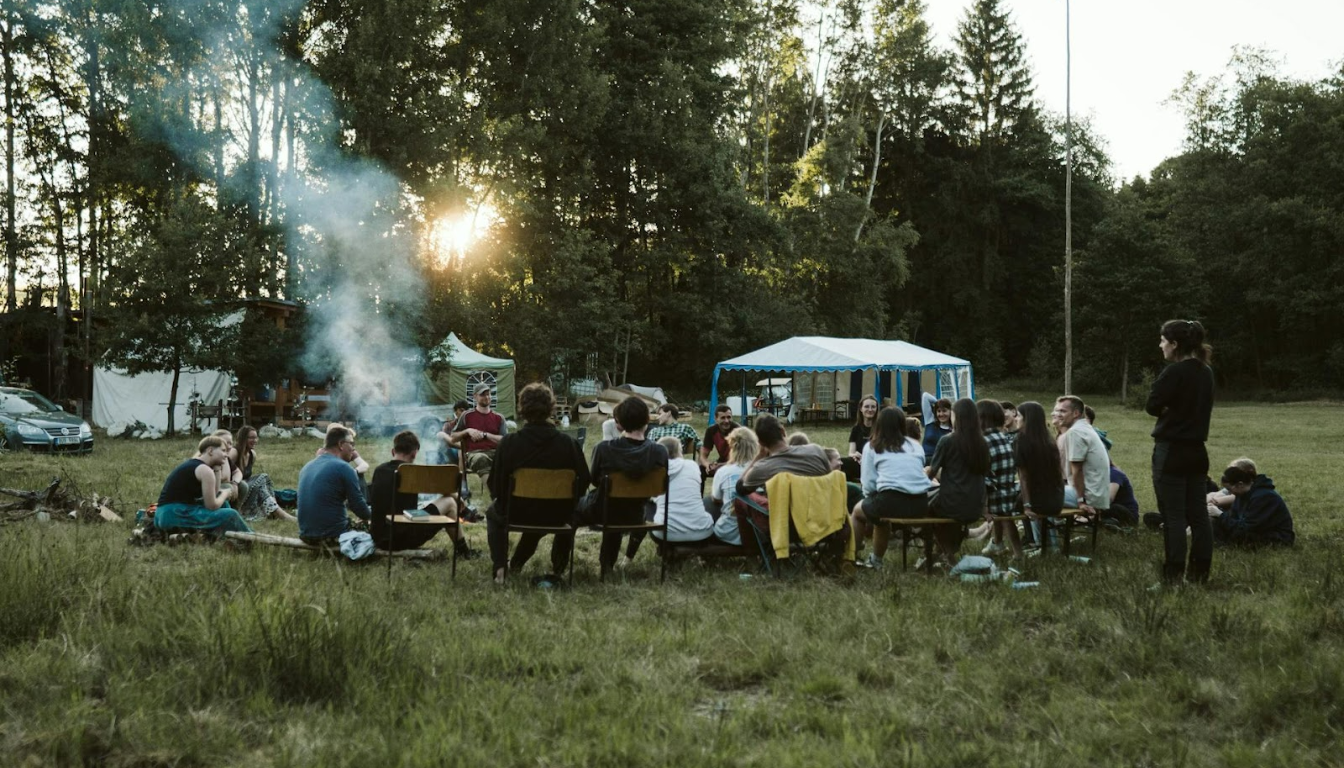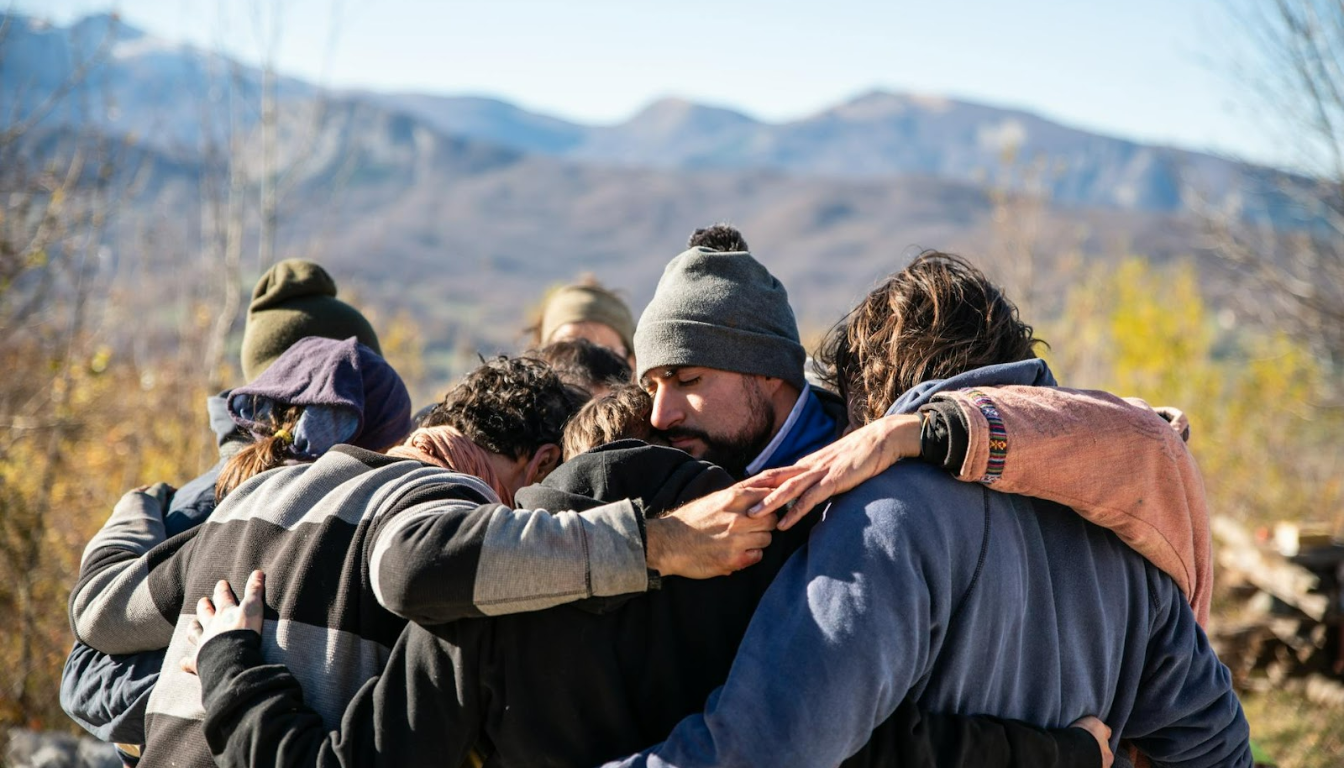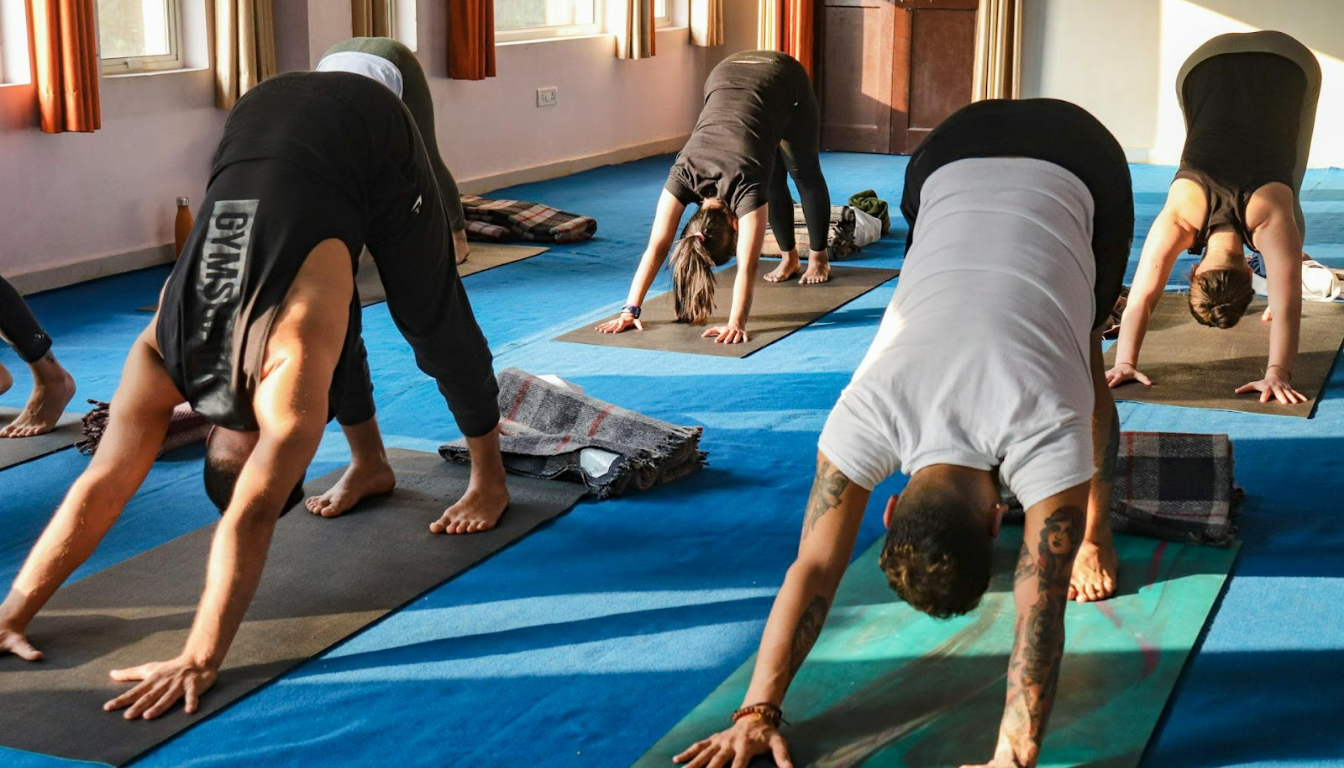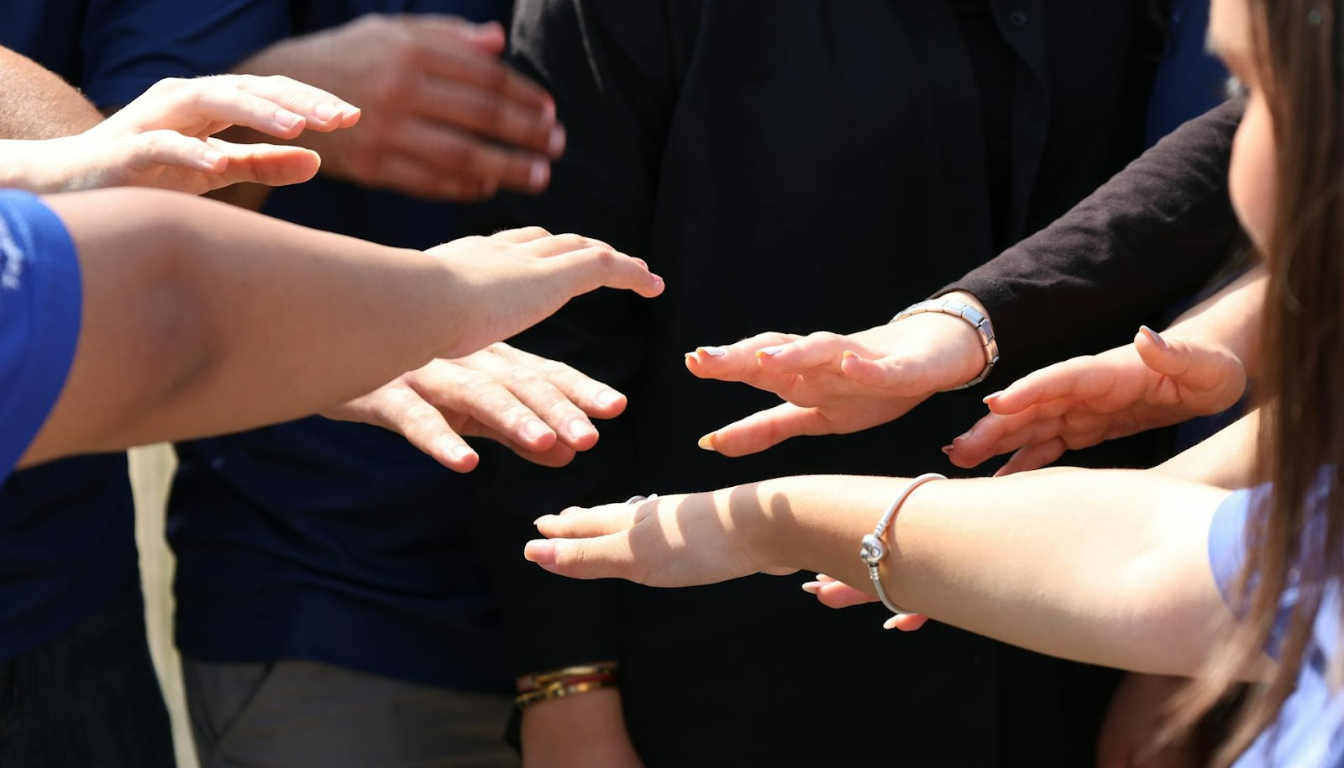8 Best Teamwork Retreat Ideas to Elevate Your Team's Performance

Looking to boost your team’s communication and collaboration? A teamwork retreat might be the answer. In this article, we share 15 proven ideas to help you plan a productive and enjoyable retreat, complete with activities, planning tips, and ways to measure success.
Key Takeaways
- Teamwork retreats enhance team dynamics by offering a relaxed environment that fosters trust, creativity, and collaboration among team members.
- Effective planning is crucial, with clear objectives, the right location, and a balanced agenda ensuring participant engagement and a successful retreat experience.
- Incorporating diverse team-building activities and wellness practices can strengthen relationships and improve team performance, while technology facilitates remote connections and interactive engagement.
What is a Teamwork Retreat?

A teamwork retreat is an organized event that allows team members to step outside their usual work environment and focus on team dynamics and business strategies. These retreats are designed to enhance trust among team members, overcome barriers created by remote work, and bring people together through tailored experiences.
Unlike regular business meetings, teamwork retreats offer a relaxed setting where employees can connect on a deeper level, fostering better communication and the team’s collaboration.
Teamwork vs. Corporate Retreats
While both teamwork retreats and corporate retreats aim to align team efforts with the company’s vision, they serve different purposes. A corporate retreat focuses on combining team-building activities with broader organizational objectives, such as strategic planning and leadership development, including various corporate retreat ideas.
On the other hand, teamwork retreats emphasize enhancing the dynamics among team members, blending fun activities with bonding experiences to refresh mindsets and productivity. Both types of retreats are crucial for fostering a strong company culture and achieving long-term success.
Purpose of Teamwork Retreats

The purpose of teamwork retreats extends beyond just a break from the daily grind. They:
- Change the retreat environment to stimulate creativity, allowing employees to express ideas freely.
- Create a relaxed atmosphere that fosters natural communication.
- Strengthen workplace relationships.
Engaging in creative problem-solving activities boosts strategic planning capabilities, while aligning on common goals enhances team motivation and collaboration. Ultimately, teamwork retreats are a powerful tool for building a cohesive and high-performing team, fostering essential problem solving skills.
Planning a Successful Teamwork Retreat
Planning a successful teamwork retreat requires thoughtful preparation and clear objectives. Effective communication and seamless logistics are essential to avoid confusion and ensure a smooth experience. Setting specific goals, choosing the right location, and creating a balanced agenda are key steps in the planning process.
Considering participant preferences and budgets, while integrating structured activities and downtime, creates an impactful retreat that meets team needs.
Setting Clear Objectives
Setting clear objectives is the foundation of a successful retreat. Starting with a clear vision of desired outcomes helps maximize the effectiveness of planned activities. Identifying specific and measurable objectives allows for better evaluation of the retreat’s success later on.
Surveys with targeted questions can gather meaningful feedback, while a well-structured follow-up plan ensures that the lessons learned during the retreat are implemented in daily operations.
Choosing the Right Location
The success of a retreat is significantly influenced by its location. The chosen venue should complement the retreat’s goals, providing an atmosphere conducive to creativity and collaboration. Consider accessibility, atmosphere, and amenities when selecting a location.
Venues such as parks, nature reserves, and farms are excellent for outdoor retreats, while galleries, museums, or theme parks can foster innovation and creativity outside the box in fresh air.
Creating a Balanced Agenda
Creating a balanced agenda is essential to maintain participant engagement and energy throughout the retreat day. A well-structured schedule should integrate both work-related and leisure activities, ensuring a mix that appeals to everyone. Diverse activities keep energy levels high and foster deeper connections among team members.
Incorporating interactive elements like breakout rooms can significantly boost collaboration, especially during virtual retreats.
Engaging Team Building Activities

Team building activities are the heart of any successful retreat. These activities provide opportunities for team members to build personal connections outside the regular work context. Examples of such activities include:
- Escape rooms
- Scavenger hunts
- Volunteering
- Cooking challenges
Incorporating a mix of activities ensures participation and enjoyment for everyone.
Diverse activities inspire new ideas and reinforce connections, enhancing the overall activity retreat experience.
Icebreakers
Icebreaker activities are a great way to strengthen professional bonds and enhance interpersonal relationships within the team. These activities, such as team trivia and virtual coffee chats, practice skills like trust building and communication.
Knowing each other on a human level makes a more tightly-knit team, setting the stage for more productive teamwork communication and allowing us to get to know ones another better while working together as one. In groups, this best good connection enhances our collaboration, making it even stronger.
Outdoor Adventures
Outdoor adventures promote collaboration and communication while providing a fun environment for team bonding. Activities like hiking, biking, and ropes courses boost team morale and engagement. Scavenger hunts and team sports encourage teamwork and healthy competition.
Planning considerations such as safety and weather conditions are crucial for a successful outdoor retreat, so make sure to take them into account.
Creative Workshops
Creative workshops encourage collaboration and innovative thinking, generating new ideas and enhancing the culture of innovation within the team. Workshops can include brainstorming challenges, scenario planning, and creative thinking sessions. These activities foster communication, vulnerability, and storytelling, essential for a cohesive and dynamic team. This is how creativity works.
Wellness and Relaxation

Incorporating wellness and relaxation activities into retreats nurtures the mind, body, and spirit, contributing to a positive and energized atmosphere. Wellness activities such as meditation, yoga, and spa treatments help reduce stress and enhance the overall retreat experience.
Moments for reflection and fun are equally important, allowing team members to relax and bond during this Time together.
Yoga and Meditation
Yoga and meditation sessions during retreats can significantly improve focus and relaxation, offering both physical and mental benefits to participants. These activities are particularly effective in virtual retreats, helping participants stay engaged and centered.
Spa and Relaxation
Spa treatments and relaxation activities create a calming environment that encourages rejuvenation and stress relief during retreats. Incorporating options like aromatherapy and massages can significantly enhance the retreat experience, leaving participants refreshed and energized.
Leveraging Technology
Leveraging technology can enhance the retreat experience for both in-person and remote teams. Virtual retreats utilize online platforms to connect remote teams, creating interactive experiences that engage participants.
Effectively adapting technology maximizes the impact of teamwork retreats and ensures all participants benefit.
Virtual Team Building
Virtual team-building activities are essential for maintaining connection and engagement among remote teams. Activities like virtual escape rooms and online trivia games foster teamwork and friendly competition, promoting team bonding in a digital setting.
These activities help your team remote teams build relationships and improve collaboration skills.
AI-Powered Simulations
AI-powered simulations offer opportunities for practicing critical leadership skills, enhancing adaptability and strategic thinking. These simulations can help participants engage in scenarios that improve strategic thinking and emotional intelligence.
Using just a smartphone or computer, participants can make simulate real-life scenarios and practice difficult conversations to enhance their skill.
Measuring Success
Measuring the success of a retreat is crucial for continuous improvement. Methods to assess retreat success include:
- Collecting feedback through surveys to evaluate the retreat’s impact on team dynamics and identify future improvements.
- Leader-led breakout discussions to enhance strategic thinking and communication skills.
- AI-powered simulations that provide metrics to evaluate retreat success.
Utilizing participant feedback ensures continuous enhancement of team experiences.
Post-Retreat Surveys
Gathering feedback through post-retreat surveys helps identify strengths and areas for improvement, crucial for evaluating the success of the retreat. Analyzing participant feedback allows for better planning and enhancement of future events, ensuring a more impactful retreat experience.
Follow-Up Plans
A follow-up plan is essential for reinforcing key takeaways and addressing action items from the retreat. This ensures accountability and integration of lessons learned into everyday team practices.
Thoughtful planning and strategic follow-up help maintain the momentum gained during the retreat, as many think about the importance of continued engagement.
Simplify Your Next Teamwork Retreat

Simplifying the planning process for your next teamwork retreat can significantly reduce complexity and costs. Platforms like Offsite offer curated venues and vendors globally, providing a seamless booking experience with detailed proposals within 48 days.
With Offsite, you can save up to 50% on retail rates and focus on what truly matters – enhancing your team’s performance.
Summary
Teamwork retreats are invaluable for enhancing team dynamics, boosting morale, and driving productivity. By carefully planning your retreat, setting clear objectives, choosing the right location, and incorporating a mix of engaging activities, you can create an impactful experience that leaves a lasting impression on your team. Embrace the power of teamwork retreats and watch your team flourish.
FAQs
- How quickly can users book and secure contracts through Offsite?
Users can book in minutes and secure contracts within a week, ensuring a swift and efficient process.
- What does Offsite provide to help estimate offsite planning costs?
Offsite offers a detailed estimate that considers user preferences, allowing for a tailored focus on team needs and facilitating accurate offsite planning costs.
- What service does Offsite provide for corporate retreat planning?
Offsite streamlines corporate retreat planning by providing a selection of curated venues and vendors around the world. This ensures a seamless and effective experience for organizations looking to host retreats.
- How much can users save on booking through Offsite?
Users can save up to 50% on retail rates when booking through Offsite, thanks to VIP service, concessions, and favorable contract terms.
You may also like
Unique spaces for your next offsite
Find distinctive venues for your upcoming corporate retreat.
Stay Updated with Our Insights
Get exclusive content and valuable updates directly to you.







